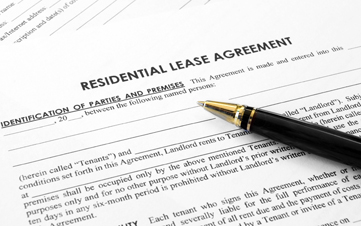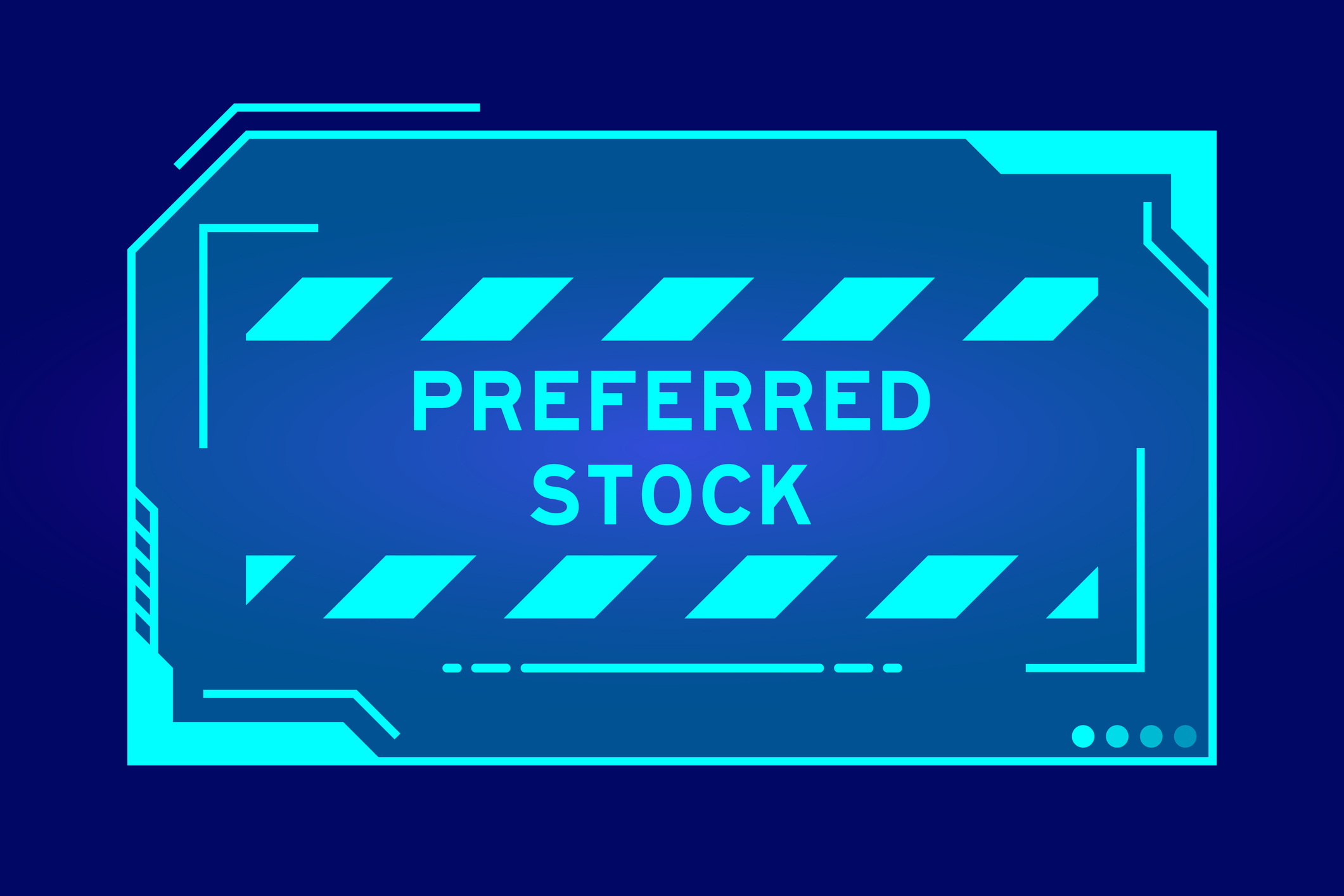9 Ways to Get Rich Quicker
Here at Kiplinger, we generally champion the art of getting rich slowly.
Profit and prosper with the best of Kiplinger's advice on investing, taxes, retirement, personal finance and much more. Delivered daily. Enter your email in the box and click Sign Me Up.
You are now subscribed
Your newsletter sign-up was successful
Want to add more newsletters?

Delivered daily
Kiplinger Today
Profit and prosper with the best of Kiplinger's advice on investing, taxes, retirement, personal finance and much more delivered daily. Smart money moves start here.

Sent five days a week
Kiplinger A Step Ahead
Get practical help to make better financial decisions in your everyday life, from spending to savings on top deals.

Delivered daily
Kiplinger Closing Bell
Get today's biggest financial and investing headlines delivered to your inbox every day the U.S. stock market is open.

Sent twice a week
Kiplinger Adviser Intel
Financial pros across the country share best practices and fresh tactics to preserve and grow your wealth.

Delivered weekly
Kiplinger Tax Tips
Trim your federal and state tax bills with practical tax-planning and tax-cutting strategies.

Sent twice a week
Kiplinger Retirement Tips
Your twice-a-week guide to planning and enjoying a financially secure and richly rewarding retirement

Sent bimonthly.
Kiplinger Adviser Angle
Insights for advisers, wealth managers and other financial professionals.

Sent twice a week
Kiplinger Investing Weekly
Your twice-a-week roundup of promising stocks, funds, companies and industries you should consider, ones you should avoid, and why.

Sent weekly for six weeks
Kiplinger Invest for Retirement
Your step-by-step six-part series on how to invest for retirement, from devising a successful strategy to exactly which investments to choose.
Here at Kiplinger, we generally champion the art of getting rich slowly. “Don’t go for the home run,” Knight Kiplinger tells us in his classic column 8 Keys to Financial Security. “In investing, as in baseball, those who swing for the fences do hit the occasional home run. But they strike out a lot, too, and their lifetime batting average -- average annual total return -- suffers accordingly.”
But maybe you’re willing to take some calculated risks in pursuit of the freedom that money (and lots of it) can give you to make choices that can bring satisfaction, whether that means buying your dream home, giving generously to charity or escaping the 9-to-5 grind. In that spirit, we focus on nine faster roads to riches, with varying levels of risk. The people we interviewed who have made it big didn’t always get there on the first or second try. But they all share essential qualities for success: passion, persistence and patience.
Contributors: Knight Kiplinger, Sandra Block, Elizabeth Ody, Susannah Snider and Miriam Cross

Start a New Business
- Risk level: High
What do success stories like Henry Ford, Steve Jobs and Mark Zuckerberg have in common? They all made their mark (and their millions) by coming up with a better idea and running with it. Starting a business is a proven path to wealth, and the best way to get there is to start small and scale up -- which usually means being bought out by a larger company, selling franchises or licensing your product.
An ambitious goal is critical if you want to expand your business, says Barbara Findlay Schenck, a small-business strategist and author of Selling Your Business for Dummies.
Before you apply for loans or sign up investors, polish your business plan. And don’t overlook sources of free help. For example, you could tap your alma mater’s alumni network for potential mentors. You can also get advice from more than 13,000 small-business volunteers through Score, a nonprofit organization supported by the Small Business Administration. (For more, see Six Steps to Starting Your Own Business.)

Create a Product
- Risk level: Medium
Creating a product and licensing it or selling it through retailers is another route to making money from your good idea.
One of the biggest mistakes that aspiring inventors make is to create a product before they’ve determined whether there’s a demand for it, says Sidnee Peck, who teaches classes in entrepreneurship at Arizona State University’s W.P. Carey School of Business. She encourages her students to talk to potential customers in person before they develop their products.
Nancy Tedeschi came up with the idea for SnapIt, an eyeglass-repair device, after her mother used an earring to jerry rig her broken glasses. Convinced that she could improve on the tiny tools contained in most eyeglass-repair kits, Tedeschi invented a small screw with a snap-off extension. Tedeschi got the attention of Wal-Mart, the nation’s largest retailer, by entering its “Get on the Shelf” contest, an American Idol-like competition for aspiring entrepreneurs. She was one of two runners-up, and her product is now available on Walmart.com.
Online surveys and social media provide an easy way to reach a lot of people, Peck says, “but you don’t get to see people’s eyes light up.” Tedeschi also attended housewares and hardware trade shows, where she introduced her product to representatives of other big retailers. Those contacts helped her get SnapIt on the shelves at Walgreens and Ace Hardware.

Invest Aggressively
- Risk level: High
With this approach, you invest in a small number of stocks that you hope can double, triple or even quadruple in relatively short order.
Call this a shoot-the-lights-out strategy. Nobody knows for certain which stocks will surge and which will sink. But if you are hoping to achieve big gains, you’ll need to look beyond large, steady-Eddie types of companies. Small companies that are poised for rapid expansion and firms that serve emerging markets, which are growing more rapidly than developed nations, make for fertile hunting ground for potential winners.
Look to 6 Great Stocks You’ve Never Heard Of for inspiration. And follow our Stock Watch columns for new stock picks every week.
If you go this route, you’ll need to monitor these companies carefully to determine whether to hold them or replace them with better opportunities.

Flip Real Estate
- Risk level: High
You can make a lot of money fixing up run-down houses and selling them for a quick profit, but you need cash to venture into this business. It’s tough to get a mortgage for a property you plan to flip, but a home-equity line of credit against your primary home is a good source of funds for first-time flippers. Short-term bridge loans from private lenders, known as hard-money loans, are a higher-risk way to get the cash -- and charge higher interest rates.
Look for ugly ducklings in upscale neighborhoods where the market has picked up. Before buying a property, research recent sale prices for nearby homes to get an idea of what you can make, and find out how long the homes were on the market. Successful flippers usually sell their properties in 30 to 60 days, says Letitia Patterson, a real estate agent who has invested in properties in the Detroit area.
Don’t forget to factor in the expenses you’ll incur while you’re holding the property, along with closing costs. Justin Pierce, a real estate investor who flips properties in the Washington, D.C., suburbs, says he starts by estimating the sale price of a fixed-up home. Once he comes up with that number, he subtracts buying and selling costs (typically 10% to 15%), a profit margin of 15% to 20%, and the cost of repairs. With those numbers in hand, he can determine how much he will offer.

Become a Landlord
- Risk level: Medium
The average interest rate for a 30-year, fixed-rate mortgage on a rental property is only about 4%, according to mortgage Web site LendingTree. That means your monthly rental income should cover the mortgage, which wasn’t possible when rates were 7% or higher, says Michael Corbett, an adviser to the real estate Web site Trulia and author of Before You Buy! Plus, the National Association of Realtors projects that average apartment rents will increase 4.6% this year, following a 4.1% increase in 2012.
Once you’ve purchased your first property, you can use the equity to buy additional properties, typically through a cash-out refinancing, says Doug Lebda, chief executive officer of LendingTree. Most lenders won’t let you take out more than 80% of the equity you have in the property.
Fayz Khan, a former auto engineer, ventured into the rental market in 2008 because he believed he could earn better returns in real estate than he could get from the stock market (see “What It Takes to Be a Landlord,”). He now owns eight rental properties in the Baltimore area, and the return on his investment has far exceeded his initial expectations. Khan and his business partners are exploring opportunities in North Dakota, where the oil boom has led to an acute housing shortage.

Go Viral With a Video
- Risk level: Low
You don’t need talent or money to cash in on YouTube. In fact, all you need is a camera, something unique to share and plenty of luck. “A lot of people make over six figures a year on YouTube,” says Ross Ching, a commercial and music video director.
A good one-off viral video is under three minutes and it gets you hooked within the first ten seconds. But it’s tough to be a one-hit wonder. A more reasonable goal for amateur filmmakers is to score viral fame with a YouTube channel. That means making a series of videos, each of which can run a little longer than three minutes. Try highlighting a specific skill or theme -- say, cooking or standup comedy. Your videos will drive traffic to one another while you perfect your craft and earn “subscribers.”
Reach out to media outlets and bloggers with a link to your video. Don’t expect your audience to find your video without some direction. A link-back on a popular site can skyrocket views.
You can earn cash with YouTube advertisements, which can run about $2 per 1,000 views. But the real money is in endorsements and product sales. Industry experts estimate that Korean pop star Psy earned about $8 million in 2012 from his addictive YouTube music video Gangnam Style. As his video accumulates views, his single racks up iTunes downloads and he picks up lucrative contracts, such as his pistachio-promoting Super Bowl commercial.

Get a Hardship-Location Job
- Risk level: High
If you can withstand 12-hour workdays on an oil rig in the North Sea or maintain your composure during military coups, you may be rewarded with free housing, a six-figure salary and the chance to see the world.
According to Rigzone, an oil and gas industry data provider, entry-level workers on a rig earn more than $68,000, on average; the pay ratchets up dramatically as you gain experience, which is easy to do in an industry that believes heavily in on-the-job training, says Rigzone president Paul Caplan. Drilling positions are most lucrative, with an average salary of $126,471.
If physical labor isn’t your thing, you could get a gig with the State Department. The harsher the environment, the better the incentives: Foreign Service jobs add up to 70% of base salary for certain field positions in Iraq and Afghanistan.
A bonus: Hardship posts in a remote locale afford few opportunities to spend -- so there’s not much to do with your money but watch it grow.

Self-Publish a Book
- Risk level: Low
Romance novelist Nyree Belleville ventured into self-publishing in 2010 after her print publisher dropped her because her books weren’t selling well. Since then, she has sold more than 1.5 million e-books and made more than $4 million.
Belleville, whose pen names are Bella Andre and Lucy Kevin, says the key to successful self-publishing is to keep readers wanting more. “I learned that if you write books that are connected and people like the books, every time you release a new book, people go back and buy all the old ones,” she says.
Other self-published authors have gotten rich using a similar formula. Amanda Hocking has sold more than a million of her self-published novels since 2010, which include a vampire series and a paranormal romance trilogy. She has signed a multi-million-dollar contract with St. Martin’s Press to publish print and electronic editions of her books.
Belleville works ten to 12 hours a day and controls every step of the process, from designing covers to managing her marketing campaigns. She also spends at least an hour a day reading about trends in publishing. “This is an industry that’s changing too quickly,” she says. “I am adapting myself to it every single day.”

Marry Rich
- Risk level: You decide.
Even if you're not in love with a potential spouse, it's not necessarily unethical to marry him or her, advises Knight Kiplinger. Material security has been a major marital motivation for some women -- and some men, too -- since the beginning of time.
Your primary ethical obligation is to be honest about your feelings and primary motivation for marrying. And you must be honest with yourself about whether you believe you can be faithful in marriage. If your already-prosperous mate still wants to marry you after this discussion, good for you. Perhaps he or she has the confidence to believe that love will indeed grow between you -- or perhaps he or she simply shares your practical views on the union.
But don't be surprised at the suggestion of a prenuptial agreement as a hedge against the possibility that you won't make a sincere effort to make the marriage work and are just looking for a big financial score. For a prenup to be legally enforceable in the event of divorce or death, it should be entered into voluntarily and with no time pressure (that is, concluded well before a wedding date is set and announced). There must be full disclosure of each party's financial situation, and each of you must be represented by separate legal counsel.

Profit and prosper with the best of Kiplinger's advice on investing, taxes, retirement, personal finance and much more. Delivered daily. Enter your email in the box and click Sign Me Up.
-
 Dow Adds 1,206 Points to Top 50,000: Stock Market Today
Dow Adds 1,206 Points to Top 50,000: Stock Market TodayThe S&P 500 and Nasdaq also had strong finishes to a volatile week, with beaten-down tech stocks outperforming.
-
 Ask the Tax Editor: Federal Income Tax Deductions
Ask the Tax Editor: Federal Income Tax DeductionsAsk the Editor In this week's Ask the Editor Q&A, Joy Taylor answers questions on federal income tax deductions
-
 States With No-Fault Car Insurance Laws (and How No-Fault Car Insurance Works)
States With No-Fault Car Insurance Laws (and How No-Fault Car Insurance Works)A breakdown of the confusing rules around no-fault car insurance in every state where it exists.
-
 The 24 Cheapest Places To Retire in the US
The 24 Cheapest Places To Retire in the USWhen you're trying to balance a fixed income with an enjoyable retirement, the cost of living is a crucial factor to consider. Is your city the best?
-
 5 Stocks to Sell or Avoid Now
5 Stocks to Sell or Avoid Nowstocks to sell In a difficult market like this, weak positions can get even weaker. Wall Street analysts believe these five stocks should be near the front of your sell list.
-
 Best Stocks for Rising Interest Rates
Best Stocks for Rising Interest Ratesstocks The Federal Reserve has been aggressive in its rate hiking, and there's a chance it's not done yet. Here are eight of the best stocks for rising interest rates.
-
 The Five Safest Vanguard Funds to Own in a Volatile Market
The Five Safest Vanguard Funds to Own in a Volatile Marketrecession The safest Vanguard funds can help prepare investors for market tumult but without high fees.
-
 The 5 Best Inflation-Proof Stocks
The 5 Best Inflation-Proof Stocksstocks Higher prices have been a major headache for investors, but these best inflation-proof stocks could help ease the impact.
-
 5 of the Best Preferred Stock ETFs for High and Stable Dividends
5 of the Best Preferred Stock ETFs for High and Stable DividendsETFs The best preferred stock ETFs allow you to reduce your risk by investing in baskets of preferred stocks.
-
 What Happens When the Retirement Honeymoon Phase Is Over?
What Happens When the Retirement Honeymoon Phase Is Over?In the early days, all is fun and exciting, but after a while, it may seem to some like they’ve lost as much as they’ve gained. What then?
-
 5 Top-Rated Housing Stocks With Long-Term Growth Potential
5 Top-Rated Housing Stocks With Long-Term Growth Potentialstocks Housing stocks have struggled as a red-hot market cools, but these Buy-rated picks could be worth a closer look.
